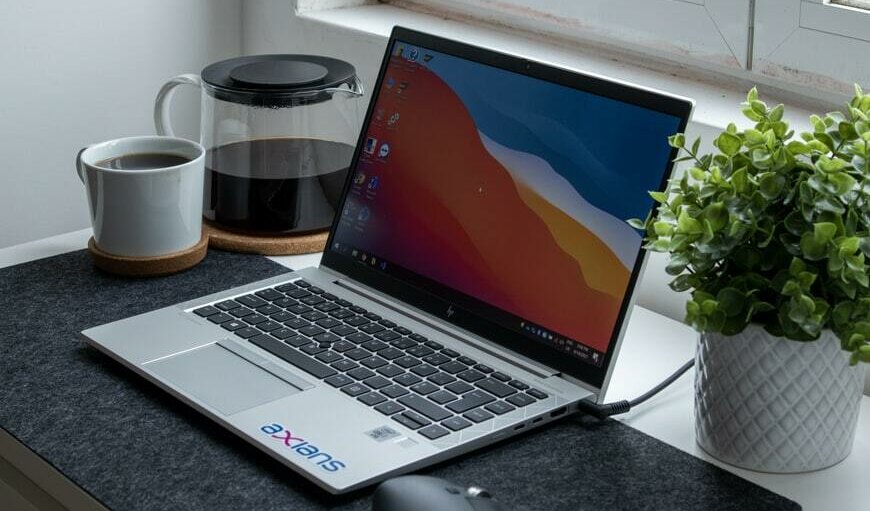Advice

Since the advent of the Covid-19 crisis remote working has become an overnight norm. Employers and professionals have realised that traditionally office-based jobs can. in fact, be done successfully anywhere. Since the “new normal” is officially settling in, ground breaking trends have been observed in the market.
Some surveys like Simform’s 2021 Remote Work Survey have analysed that 82% of companies plan to allow their employees to work from home indefinitely and 77% want to make this a permanent solution.
Interestingly, largest corporations like Facebook, Spotify, Twitter, Microsoft have rolled out plans for long-term remote workforce beyond just 2021. As a result of the above, many professionals are now more positively inclined towards jobs that offer remote work to office-based work.
Deepta Vivek, Head of Finance at Vahura states, “ Work from home offers flexibility to women professionals to balance work and personal commitments at the same time. Professionals are usually more productive at home than at office given that the commute time to office is saved. Alternatively, professionals are able to put together a structure, routine and other tasks with kids around. “

While the majority seem to favour this option currently, one seems to disregard the fact that there is a difference between being able to cope with remote working for a few months and being able to thrive as a remote worker in the long run. Below are some of the interesting pointers to consider while concluding whether a permanent remote role is really apt for you.

Not having to commute and staying closer to family seems to be a more viable and alluring choice at this time. But one needs to assess whether they really would be as productive when working from home as they are when sitting at the office. It has been observed by experts that remote working may after all not be the right choice for everyone. Not only does it require a high level of discipline and motivation, but also requires the ability to work well on your own.
Even if one does possess the above qualities, you might get better results with human contact and energy that comes with sharing an office space with your colleagues.
It is also worth evaluating the output level i.e how many tasks or projects can be completed on a typical day at home vs when at office?

This is an important factor! One needs to evaluate and ensure that they have set up a space which meets their practical needs whilst working. Further, it is also essential to devise a strategy for how exactly one would will work remotely. For instance, is the work desk situated in a specific room or area in the house that will be dedicated to work? Or would it sometimes be a cafe? Do you have a stable internet or phone connection to attend zoom meetings? Are you able to create a quiet zone that you can use for important meetings or presentations. Answers to the above questions would help one to envisage future career goals and introspecting if they would after all be able to deliver and progress while exercising this option.

Another important factor to consider is to evaluate how your contributions would be acknowledged so that career progressions aren’t negatively impacted. Some of the steps which can be taken to combat this is to ensure that you constantly keep in touch with members of your team/colleagues.
Take time to video call others while taking a break from work (informal catch-ups, arranging fun activities) or just a quick catch up at a cafe after the weekend.
It is also worthwhile to keep stakeholders in the loop with progress on projects. Furthermore, it is a good idea to join physical meetings occasionally if fully or partially vaccinated where possible. Lastly, being proactive about making connections will be beneficial too.

Dangers of overworking and burnout is undoubtedly a persisting challenge and side effect of remote work.
Experts have noted that working from home can cause mental stress with many employers observing the “video call fatigue” or “craving human interaction”.
Given the fact that you are working where you live, you now have 24/7 access to the computer and may feel compelled to be “always available or contactable.” Not to forget there are other downsides to make note of all well. Such as the inevitable distractions of children, pets, online deliveries, cooking, family engagements and social engagements which may contribute to less productivity. It is important to set up boundaries in such instances to minimize distractions in your remote office and establish a workable relationship with your manager.

Being based remotely and thus having less face-to face time with your manager may cause a disconnect and make it harder to evaluate your true potentials or navigate through a tricky work situation as compared to an office based employee. In this case, it is essential to voice out for training in areas you feel unskilled or attend webinars for industry knowledge. One should assess their strengths and weaknesses objectively and take active steps to combat development areas. Also, update your resume or LinkedIn profile regularly to reflect your progression. Important to bear in mind that skills you will need to work successfully remotely are vastly different from those of an office based worker.

If you are a fresh law graduate about to begin work remotely, it can be easy to disregard just how lonely you may feel working from home on your own.
Positive reinforcements from coworkers at an office role are known for creating a healthy working environment.
In order to combat this, ensure that you switch off at an appropriate time and get adequate sleep or rest to feel refreshed the next day. It is also a good idea to make plans after work as well as be involved in social connections.
All in all, it is crucial to reflect on the pointers mentioned above while arriving at the decision of permanently working remotely. As observed in the market many companies are only starting to sketch out what their return-to-work plans will be. Some organisations might also consider the feedback of employees before they start unveiling hybrid or permanent work from home policies. Nonetheless it is a good time to reevaluate your current home/work environment before arriving at a conclusive decision as it's a long term decision that will impact every part of your life.